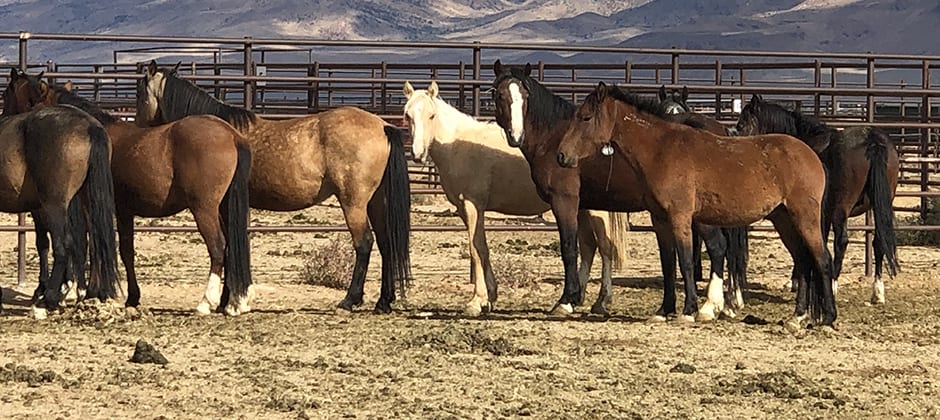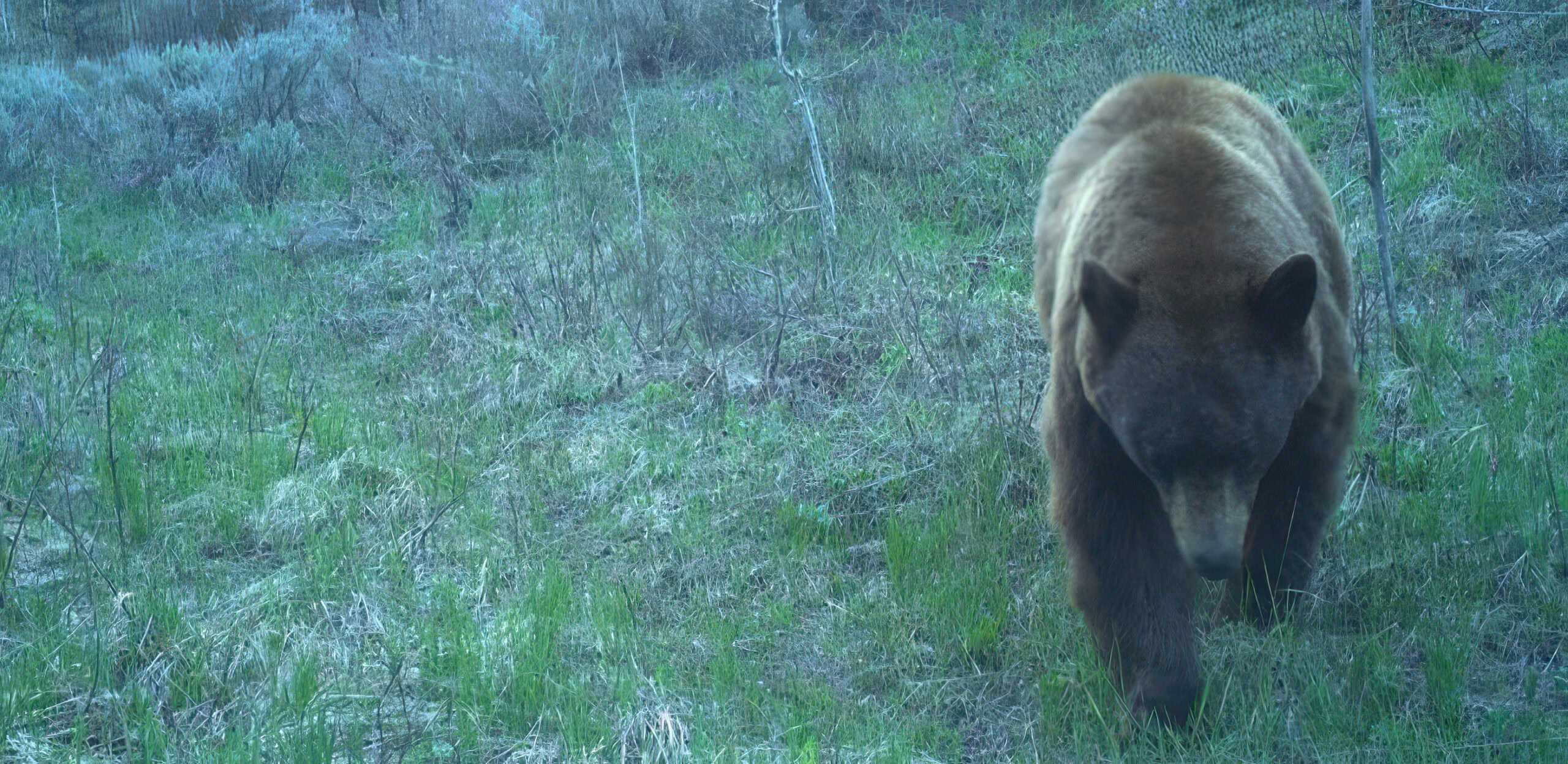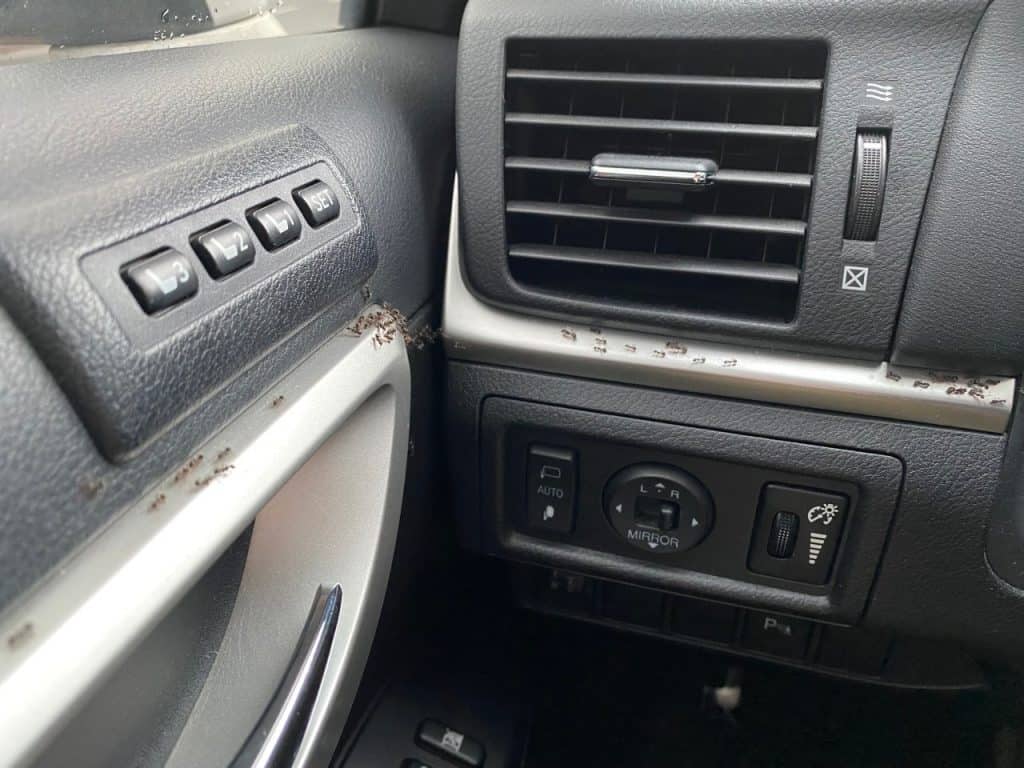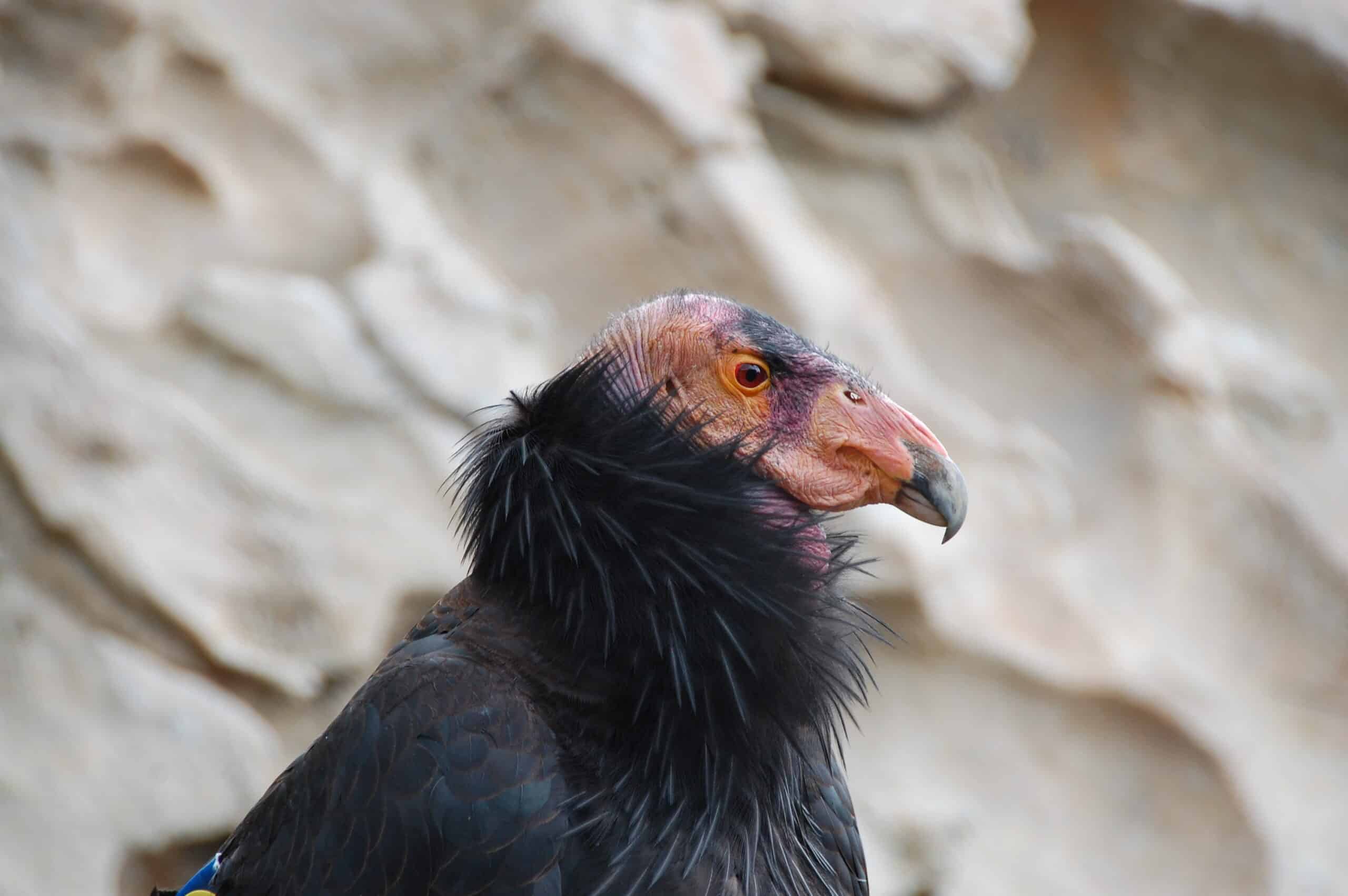Share this article
Working group explores equid management at annual conference
With the 2019 TWS-AFS Annual Conference taking place in Reno, Nevada — the heart of feral horse country — members of the TWS Rangeland Wildlife Working Group have been working hard over the past year on developing a symposium to showcase the impacts free-roaming horses and burros are having on native wildlife and habitat across the West and the challenges of managing these animals both on-range and off-range.
The conference week kicked off on Sunday with a workshop at the National Wild Horse & Burro Center at Palomino Valley, which is the largest BLM short-term holding facility in the U.S. Staff members with BLM gave participants a guided tour, including the chute where animals are loaded and unloaded. Staff explained how horses and burros are sorted, vet care they are provided and horse adoption.
The main event was a half-day symposium featuring 10 sessions exploring a variety of critical issues in managing free-roaming horses and burros. Unmanaged, the feral horse population increases 20% every year, doubling every four years. With no natural predators, free-roaming horses and burros total around 88,000, three times the carrying capacity, or Appropriate Management Level (AML) set by the BLM. This ratio can be even higher within some Herd Management Areas (HMAs). Even more free-roaming horses live on tribal and state lands.
Symposium panelists discussed topics including impacts of horses on wildlife and rangelands, the science of foraging and grazing, fertility control, and the human psychology and emotions surrounding free-roaming equids. In addition, program updates were provided by BLM and USFS representatives, as well as a policy update by TWS’ Wildlife Policy and Communications Director Keith Norris. The symposium was well-attended throughout, with a lively Q&A discussion to cap off the event. The working group is grateful to Terry Messmer, Bill Vodehnal and Cody Schroeder for their work and leadership in organizing these events.
In a separate session, conference participants also had an opportunity to view the film Horse Rich, Dirt Poor, which was developed and produced by TWS and premiered in March 2019. In addition to the viewing, TWS hosted a panel discussion featuring a diverse group of stakeholders.
TWS members may join the Rangeland Wildlife Working Group today for just $5! Login to Your Membership to join.
Header Image:
Mustangs wait for their hay in a corral at the National Wild Horse & Burro Center at Palomino Valley.
©Susan Mackenzie








